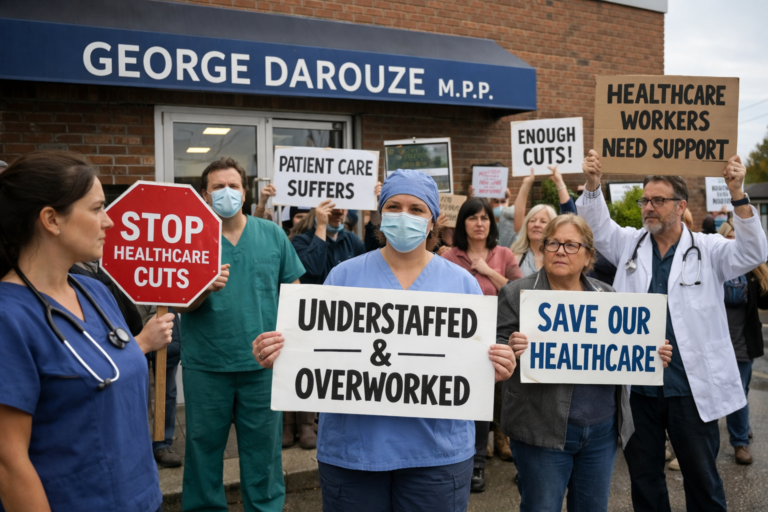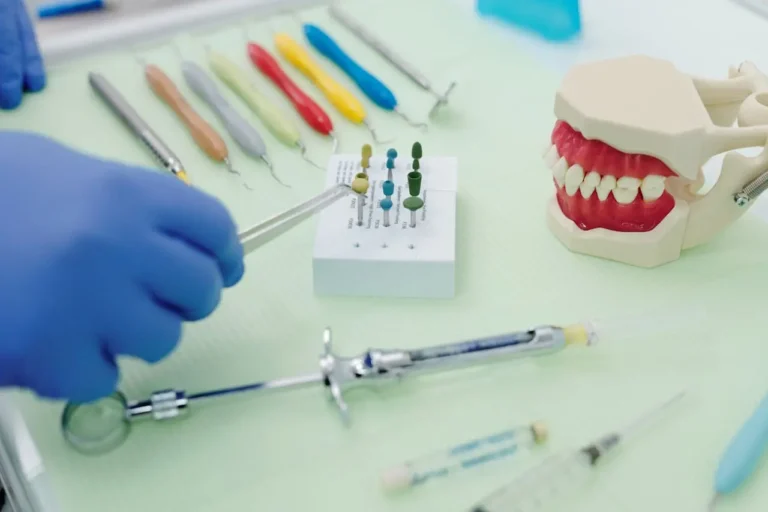
Mike Jones just celebrated his 28th year at Boston Scientific. Now a senior vice president at the company, he’s also the president of the Endoscopy business – which means he knows great innovation in the field when he sees it.
His eye for next-generation advances explains his enthusiasm for Apollo Endosurgery, Inc. – a company focused on designing, developing and commercializing less invasive medical devices.
“Their technology and the talented people we’ve met there are a perfect fit for our company,” says Jones. “It’s an ideal scenario.”
As Apollo Endosurgery officially becomes part of Boston Scientific, Jones shares his thoughts on the value the acquisition might bring to the company and the patients we serve around the world.
Can you explain a bit about the focus of the Endoscopy business at Boston Scientific?
In general, the work we do in Endoscopy, and across our businesses at Boston Scientific, is to make procedures less invasive.
Before the advent of endoscopic procedures, which started in the late 1960s, a lot of medical diseases required cutting the body open. Now, we have products like catheters, stents and wires that go into smaller openings in the body through a flexible endoscope.
A current core focus for our Endoscopy business is endoluminal surgery (ELS). ELS can be a less invasive alternative to open and laparoscopic surgery for some patients with diseases in the gastrointestinal tract and those suffering from obesity, while providing a low rate of complications.
What makes Apollo Endosurgery such a good match for Boston Scientific?
Their focus on ELS procedures is very similar to ours, and the products they sell that address GI defects are complementary to our existing ELS products. For instance, we did not have a suturing system like they do to close defects in the body. It’s almost a perfect puzzle piece that fills a gap we had in our portfolio.
The Apollo Endosurgery product portfolio includes devices used to close gastrointestinal defects as well as endobariatric devices, which aid in weight loss for patients suffering from obesity. The acquisition of these endobariatric devices allows us to enter a brand-new market.
Tell us more about the bariatrics piece. How does this fit into the existing Boston Scientific product portfolio?
The bariatric market is huge. To help with obesity, there are pharmaceuticals, diet and exercise, surgery and endobariatric procedures. Nearly 200,000 bariatric surgeries were performed in the U.S. alone in 2020, based on the latest data from the American Society for Metabolic and Bariatric Surgery, which addresses ~1-2% of the adult bariatric eligible population.
We’re really excited because now we have devices that gastroenterologists and surgeons can use to help treat more people with obesity, not just in the U.S. but around the world.
What is it about it about your work at Boston Scientific that has kept you at the company for more than 25 years?
I love Boston Scientific as a company and I love the Endoscopy business. We make a meaningful difference for the patients that we serve with the technologies we have. I’ve stayed in Endoscopy the entire time, and it’s sort of rare for people to remain in one business unit for so long.
I love all the different physician groups we work with in Endoscopy, from the gastroenterologists to the surgeons to the pulmonologists.
But the number one reason I’ve stayed is the people and the culture. I’ve always found different ways to continue to challenge myself here and to stay energized. I’ve enjoyed the roles I’ve been in at every single stage of my career. And that’s why I reiterate that it’s not only the Apollo technology that we’re bringing into Boston Scientific that we’re excited about, it’s also the people. I hope they’re going to feel the same way.




